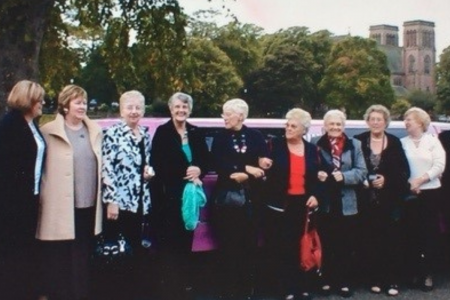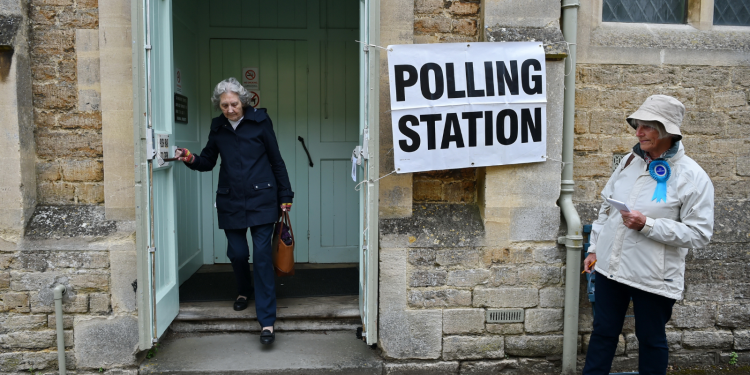Voting is a fundamental right and, I’d argue, duty of every citizen in a democracy. We know that not everyone who has the right to vote will actually make their way to the polling booth, and there are numerous factors that can affect voter turnout, such as political interest, social norms, accessibility, convenience and personal circumstances.
People over 75 are more likely to be registered to vote than younger age groups. In December 2019, 96% of people aged 75 and over were registered to vote, compared with 92% of people aged 65 to 74 and 83% of people aged 18 to 24. Interestingly, in the 2019 UK general election, the estimated turnout for people aged 75 and over was only 76%, which was lower than the turnout for people aged 65 to 74 (79%) and people aged 55 to 64 (78%). So what are the barriers to voting?
Some of these barriers or challenges may be related to health and mobility issues. Older people may have difficulties travelling to polling stations, especially if they live in rural areas or have limited access to public transport. They may also have disabilities or health conditions that make it harder for them to fill in ballot papers. And, of course, the older people who are part of Re-engage often have little or no social contact and support from family, friends and neighbours who could encourage them to vote or help them with voting.
Is another challenge the lack of information and engagement with older people? Do broadcasters and other media talk about issues that resonate for people over 75? Older people on the Re-engage advisory group certainly feel that they are not listened to or valued.
In the recent local elections, the government introduced a voter ID requirement meaning that we all had to take a passport or driving licence to the polling station. We know that 1.3 million people over 75 in England alone don’t have a passport and the take up of applications for the bespoke voter ID card was small among older voters.
In the run up to the next general election, Re-engage will play its part in helping older people get their voices heard by reminding older people of any voter ID requirements and that there are alternative methods of voting for older people, such as postal voting or proxy voting. Postal voting allows voters to receive and return their ballot papers by post, without having to go to a polling station. Proxy voting allows voters to appoint someone else to vote on their behalf at a polling station. Both methods require voters to apply in advance and meet certain criteria.
In England, Scotland and Wales, anyone can apply for postal voting without giving a reason. However, postal voting has some drawbacks, such as the risk of losing or delaying ballot papers in the mail, or the possibility of fraud or coercion. In Northern Ireland, postal voting is only available for voters who cannot go to a polling station due to illness, disability or absence.
In England, Scotland and Wales, anyone can apply for proxy voting if they have a valid reason, such as being away on polling day, having a medical condition or disability, or working overseas. However, proxy voting also has some drawbacks, such as the need to trust someone else with your vote, or the potential for abuse or manipulation. In Northern Ireland, proxy voting is only available for voters who cannot go to a polling station due to employment or education reasons.
Unlike in the United States, we’re not anticipating political leadership in their 80s, but we do hope that all of the older people we work with who want to get their voices heard will feel able to participate.
-
View
More news

Congratulations to our winners
Meet the two winners of our first Re-engage Volunteer Awards, Kerris and Jane, as well as call companion Jasper.
By Re-engage

Celebrating tea party groups old and new
Whilst continuing to encourage more new tea party groups across the UK, Re-engage is also celebrating that many of our tea parties have been taking place for a quarter of a century – and in some cases even longer.
These two ends of the spectrum are highlighted by the development of a new tea party group in Hale, and Inverness 1 marking its 25th anniversary with a special gathering on June 11th.
By Re-engage

